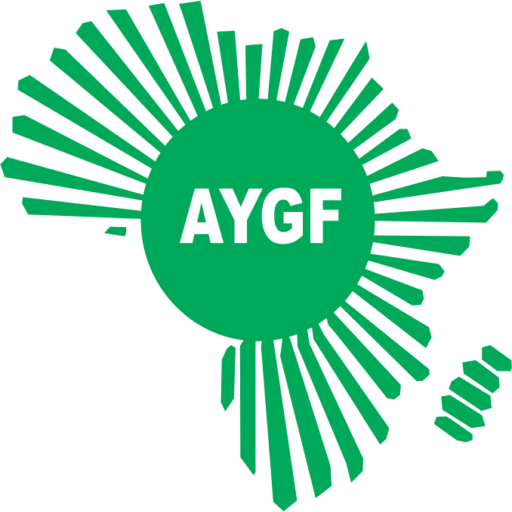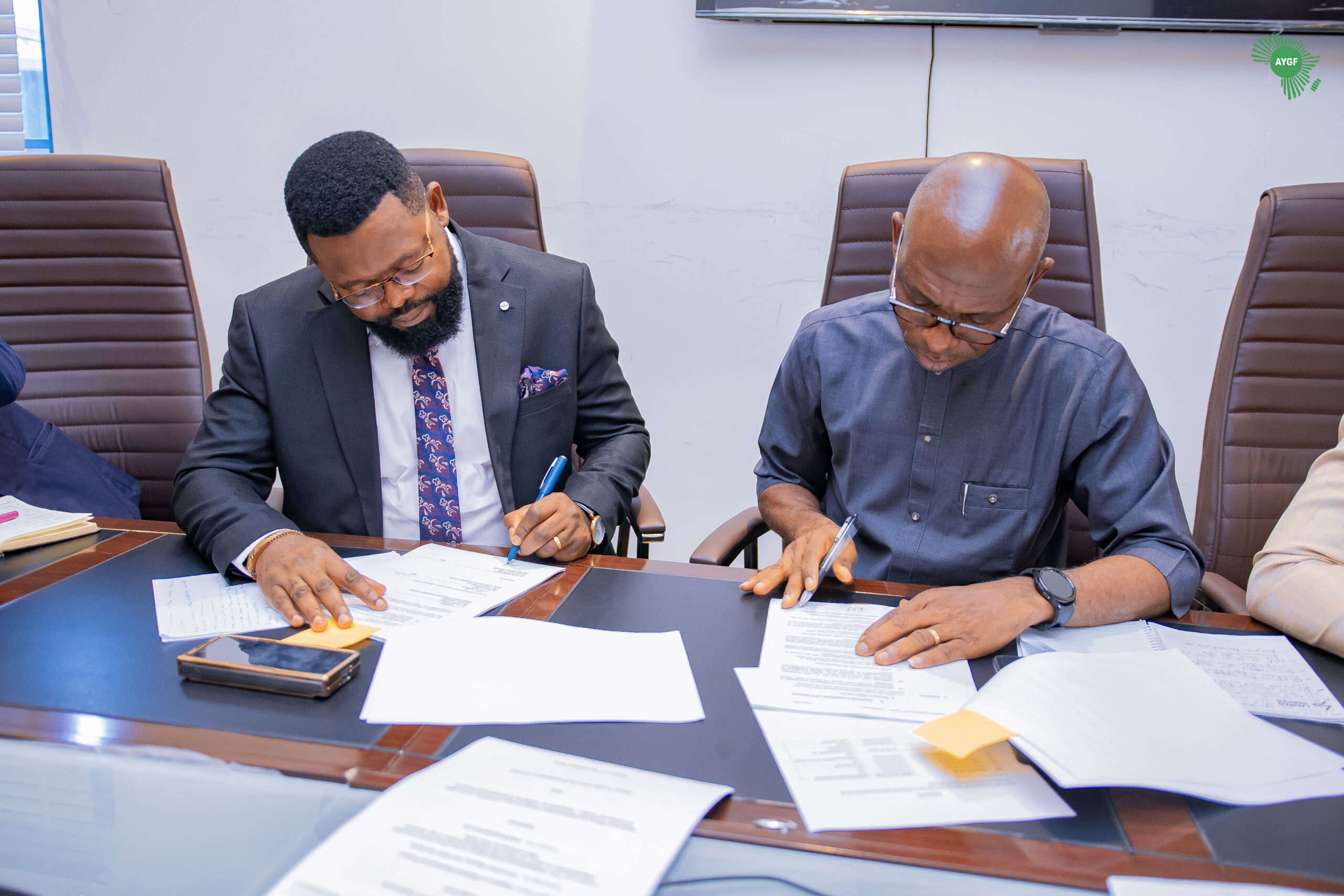In a determined effort to curb the scourge of malaria in Nigeria, the Africa Youth Growth Foundation (AYGF) has partnered with the National Malaria Elimination Program (NMEP) to launch an intensive anti-malaria initiative in Edo State. This strategic partnership is poised to bring significant advancements in malaria prevention and treatment, focusing on rural communities where malaria poses a severe health threat.
Malaria remains one of Nigeria’s most pressing health challenges, with the country accounting for approximately 27% of the world’s malaria cases and over 100 million cases reported annually. This staggering statistic highlights the urgent need for targeted interventions and high-impact programs. AYGF and NMEP’s collaboration aims to tackle this issue head-on by enhancing access to quality malaria services, fostering community awareness, and promoting preventive measures that can reduce the disease’s prevalence.
The initiative’s approach is holistic and community-centered, employing a range of strategies to effectively address malaria’s root causes and spread. One of the key components of the program will be community mobilization. Through this, AYGF and NMEP aim to engage local leaders and communities directly, ensuring that awareness of malaria prevention reaches every corner of Edo State. This will empower residents with the knowledge they need to protect themselves and their families from this preventable disease.
Health education will also play a pivotal role in this initiative. Through training sessions, workshops, and public information campaigns, community members will learn about malaria symptoms, transmission methods, and the importance of early diagnosis and treatment. By equipping people with accurate information, AYGF and NMEP are working to dispel common myths about malaria and encourage prompt treatment-seeking behavior.
A cornerstone of the program is the distribution of insecticide-treated nets (ITNs), which are proven to be one of the most effective tools in reducing malaria transmission. These nets are essential in areas where malaria-carrying mosquitoes are prevalent, especially during night-time when mosquitoes are most active. By distributing these nets on a large scale, the partnership aims to drastically reduce malaria cases, particularly among vulnerable populations like children and pregnant women.
Health system strengthening is another priority of this partnership. AYGF and NMEP are committed to reinforcing the capacity of local health systems to handle malaria cases efficiently. This involves training healthcare workers, providing essential medical supplies, and improving the infrastructure needed for effective malaria treatment and prevention. With better-equipped health facilities and trained personnel, communities will have reliable access to quality malaria services, which is crucial for reducing the disease’s impact.
To ensure the success of this initiative, AYGF and NMEP have set up a rigorous monitoring and evaluation system. This system will track the program’s progress, measure outcomes, and identify areas for improvement. By continuously assessing the impact of their efforts, AYGF and NMEP can make data-driven adjustments, ensuring that resources are used effectively and that the initiative yields meaningful results in the fight against malaria.
Above all, AYGF and NMEP’s partnership is built on a foundation of equity, inclusivity, and social justice. They are committed to reaching the most vulnerable populations, ensuring that malaria prevention and treatment services are accessible to everyone, regardless of socioeconomic status or geographic location. By focusing on rural communities often overlooked in national health initiatives, this partnership addresses a critical gap in Nigeria’s malaria response.

